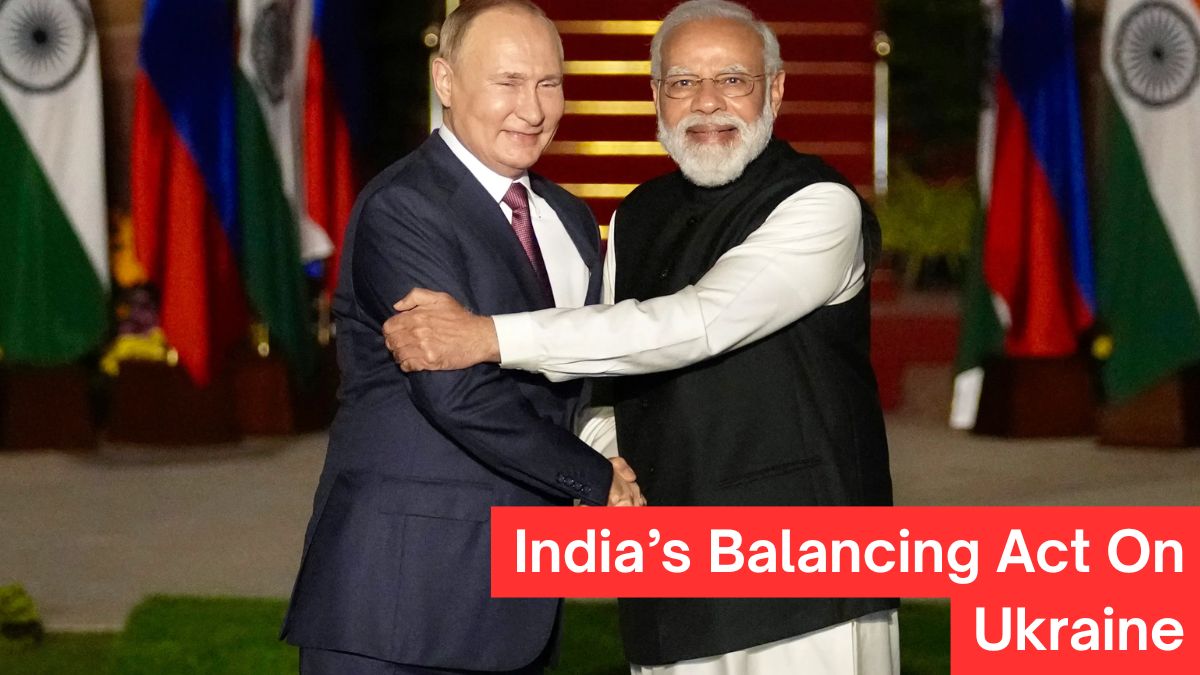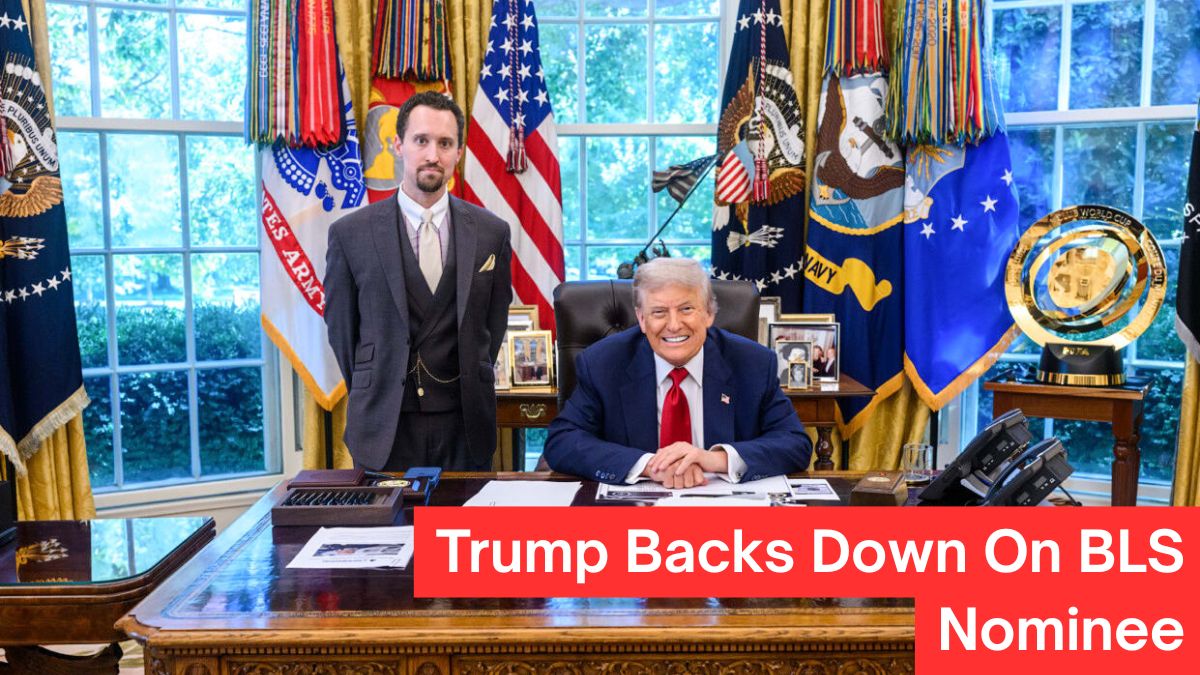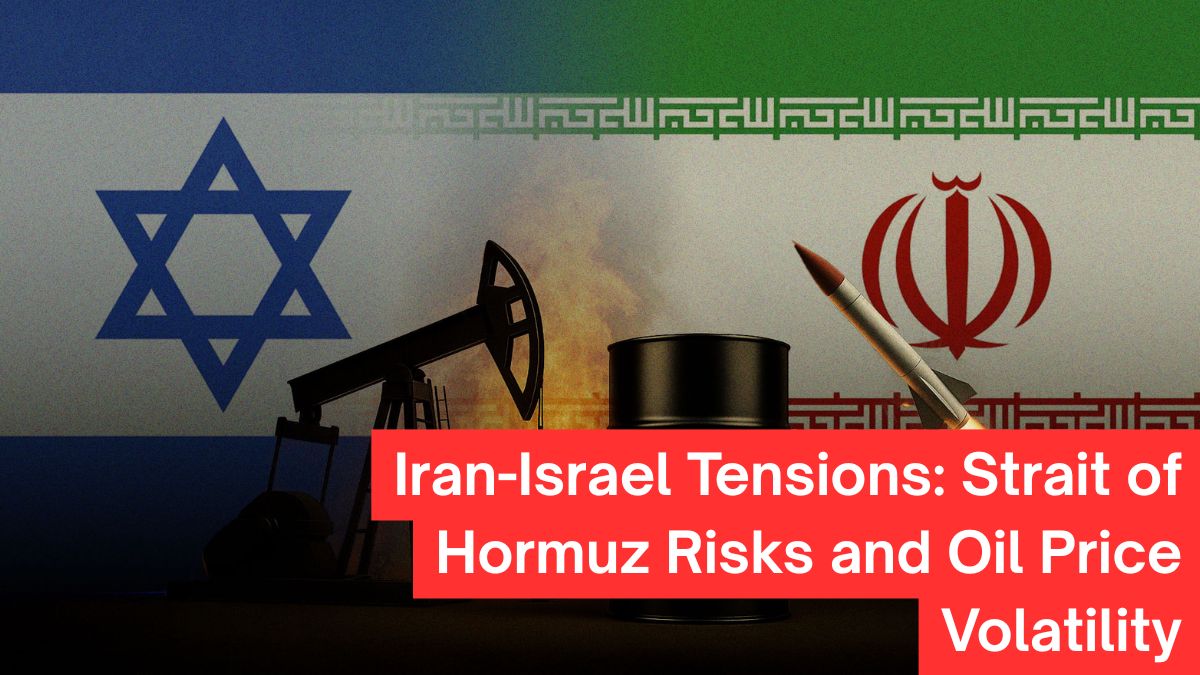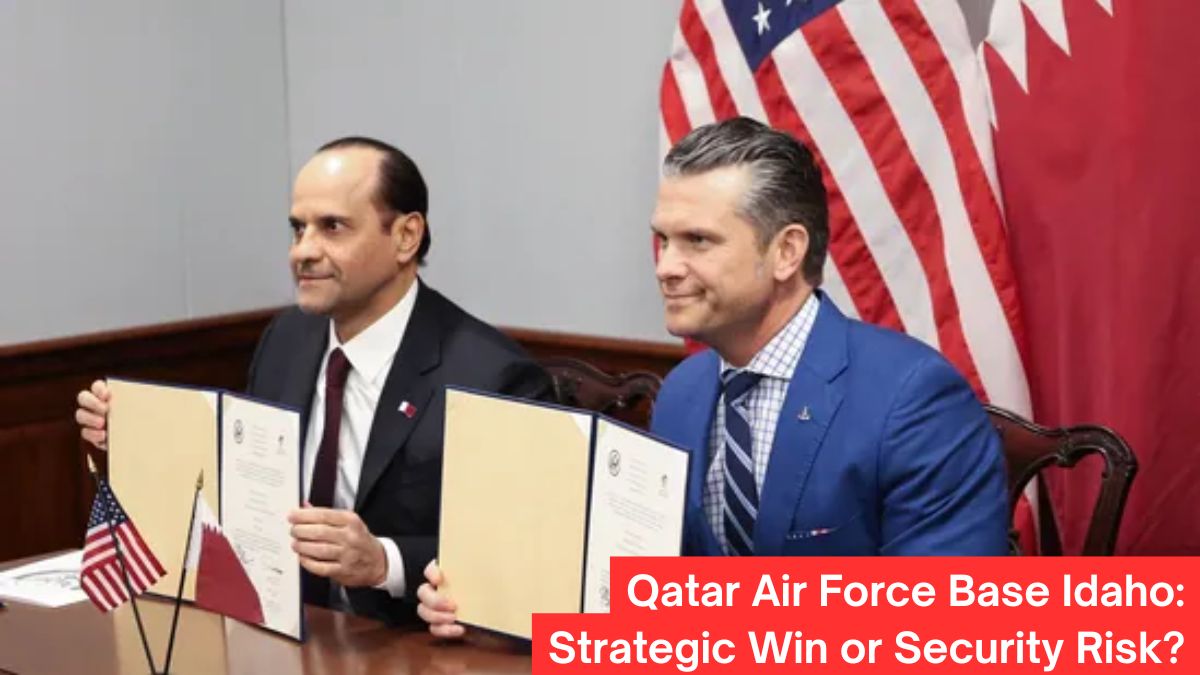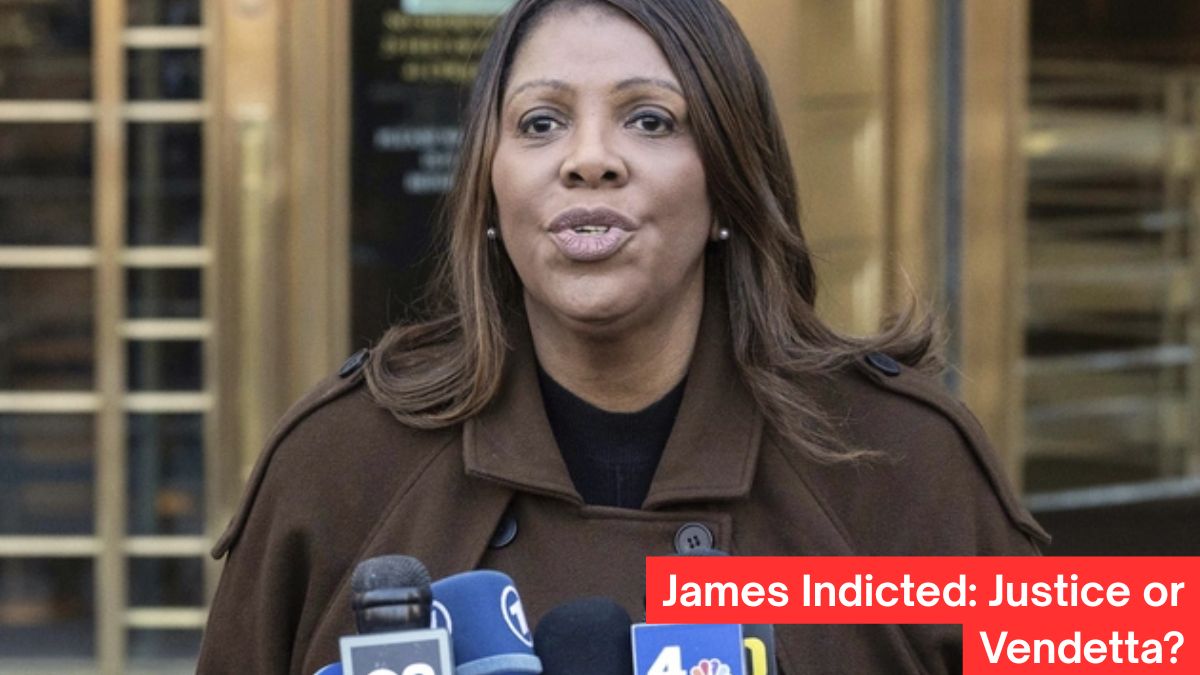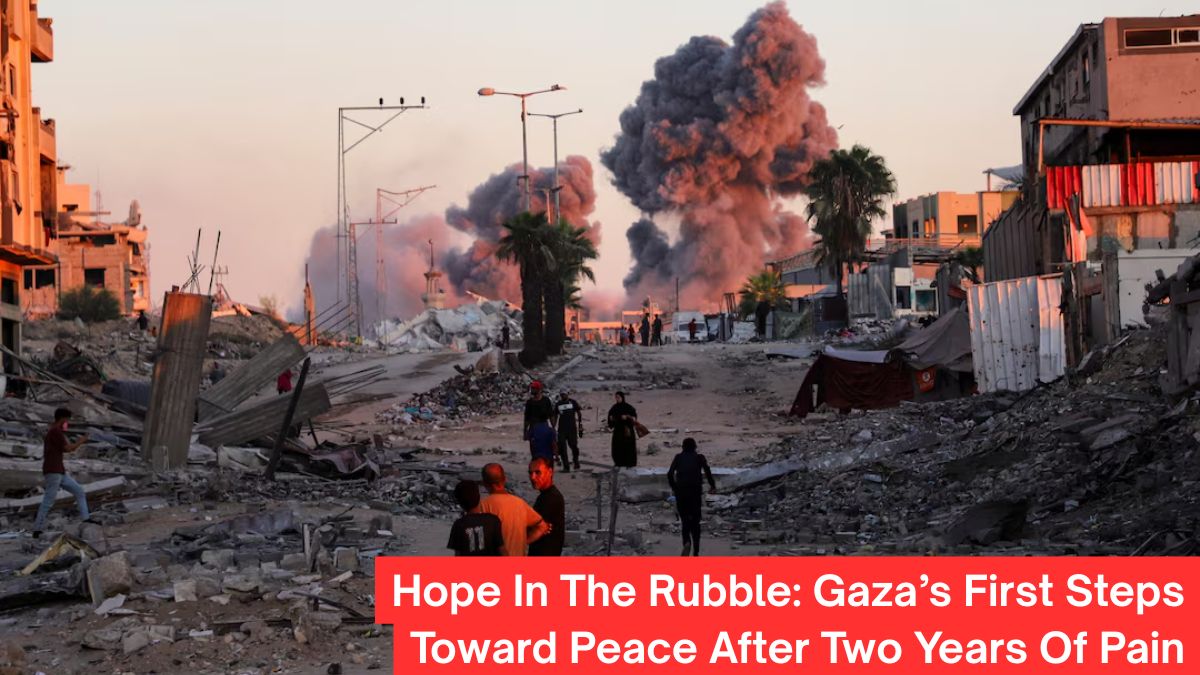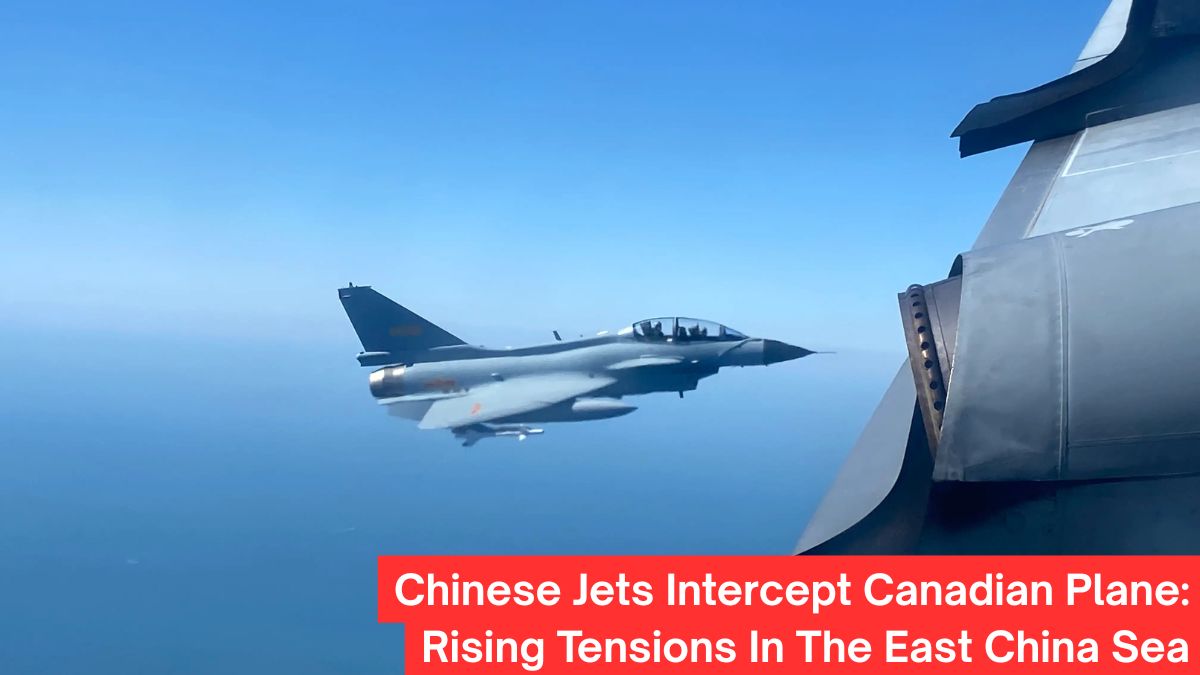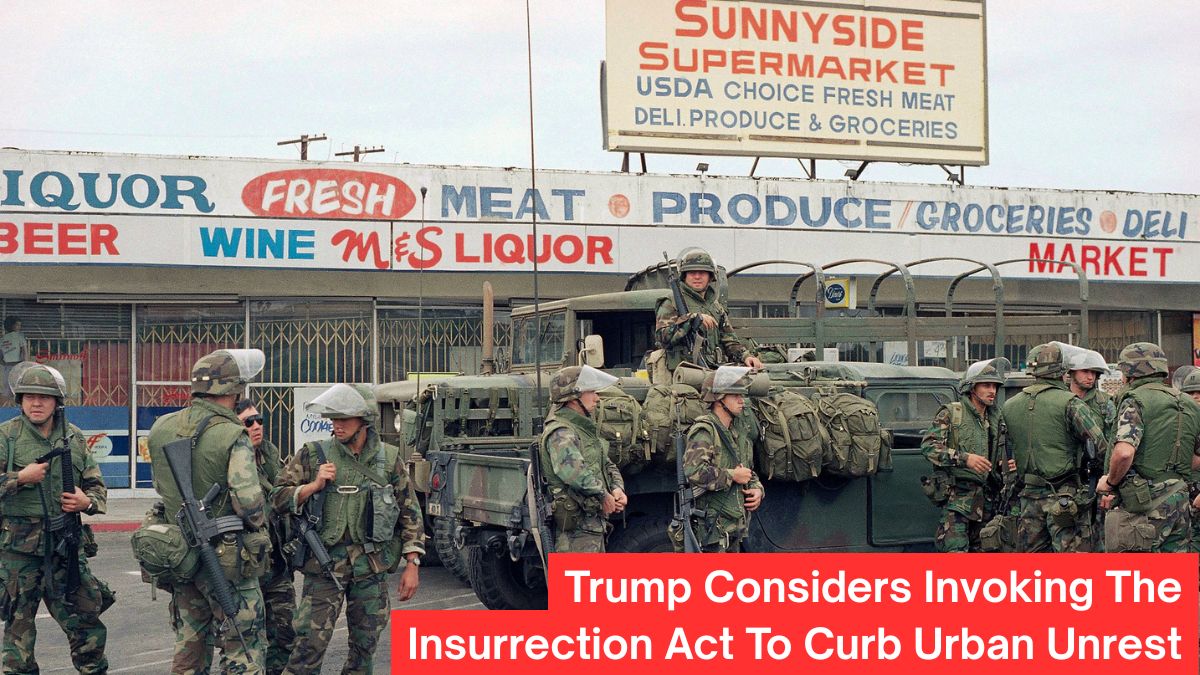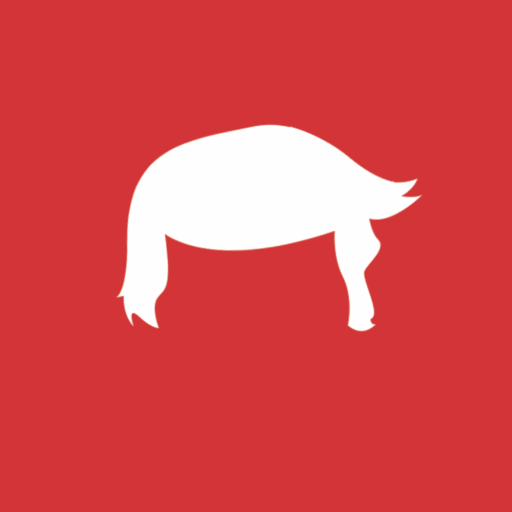India’s policy of staying neutral has a big impact on how it deals with the Russia-Ukraine conflict. The country is trying to balance its long-standing friendship with Russia with its growing ties to Western powers. Even though India is under more pressure from the rest of the world, this balancing act lets it protect its energy security, defense needs, and geopolitical power.
Key Takeaways
- India has avoided taking sides, calling instead for peace and dialogue.
- Imports of discounted Russian oil now make Russia India’s largest supplier.
- India has offered humanitarian aid and energy supplies to Ukraine.
- The country faces US tariffs and Western criticism for trade with Russia.
- Public opinion is divided, with many praising India’s role as a mediator.
Neutrality And Diplomacy
India has always said that the only way to end the conflict is through talking and diplomacy. External Affairs Minister S. Jaishankar talked about India’s support for sovereignty and international law at the UN General Assembly in September 2025.
India has a long history of not voting for UN resolutions against Russia, including votes in 2014, 2020, and 2022. This shows that people have been hesitant to openly oppose Moscow for a long time, based on decades of trust since independence in 1947.
Prime Minister Narendra Modi has talked to both Russian President Vladimir Putin and Ukrainian President Volodymyr Zelenskyy and asked them to talk about peace. His trips to Moscow in July 2025 and Kyiv in August 2025 show how he tries to keep things balanced.
Economic Ties With Russia
India has become closer to Russia because of energy trade. By August 2024, Russia was India’s biggest oil supplier, sending 35–40% of India’s crude imports, up from only 3% in 2021. This made trade between the two countries go up to $27 billion in 2022, a big jump from $13 billion the year before.
In July 2024, India also sent $95 million worth of sensitive electronic parts and dual-use goods to other countries. This raised concerns among Western governments that India may be helping Russia get around sanctions.
Humanitarian And Energy Support For Ukraine
India has given humanitarian aid to Ukraine, even though it has close ties to Moscow. Modi said again that he supports Ukraine’s sovereignty and territorial integrity when he visited Kyiv in August 2025.
By the middle of 2025, India will be Ukraine’s biggest diesel supplier, sending 15.5% of its diesel imports. But a lot of this fuel may have come from Russian crude oil, which makes India’s neutral position even harder to understand.
Important Factors
India has a strong defense partnership with Russia, and 60–85% of the Indian military’s equipment comes from Russia. India still thinks about Russia’s past support for Kashmir, which included several UN vetoes. India sees Moscow as a counterbalance to China, but the fact that Russia and China are getting closer makes things less clear.
India is strengthening its defense and trade ties with the US and Europe on the Western front. But the pressure is growing. In July 2025, Washington put a 25% tax on Indian goods and said that taxes could go up to 500%. Several Indian companies are being punished for sending goods to Russia.
Reactions from around the world and the public
Many people in India say that Modi is a peacemaker for the Global South, and there is a lot of public debate about this. But critics say that as Russia gets closer to China, it may become less reliable as an ally for India.
Zelenskyy has praised India’s humanitarian role and even said in 2025 that “India is mostly on our side.” Still, Ukrainian officials don’t like India’s oil trade with Russia, especially after things like the bombing of a children’s hospital in Kyiv in July 2024.
The US and Europe still blame India for helping Russia’s war economy, and there are talks of putting secondary sanctions on Indian companies.
Conclusion
India’s policy shows that it wants to keep its strategic independence. New Delhi tries to stay neutral by talking to both Moscow and Kyiv, buying Russian oil, and sending fuel and help to Ukraine. But this way of doing things also makes India open to criticism from the West and doubt from Kyiv. India’s ability to handle these pressures will affect its role as a key voice for the Global South in the future.
